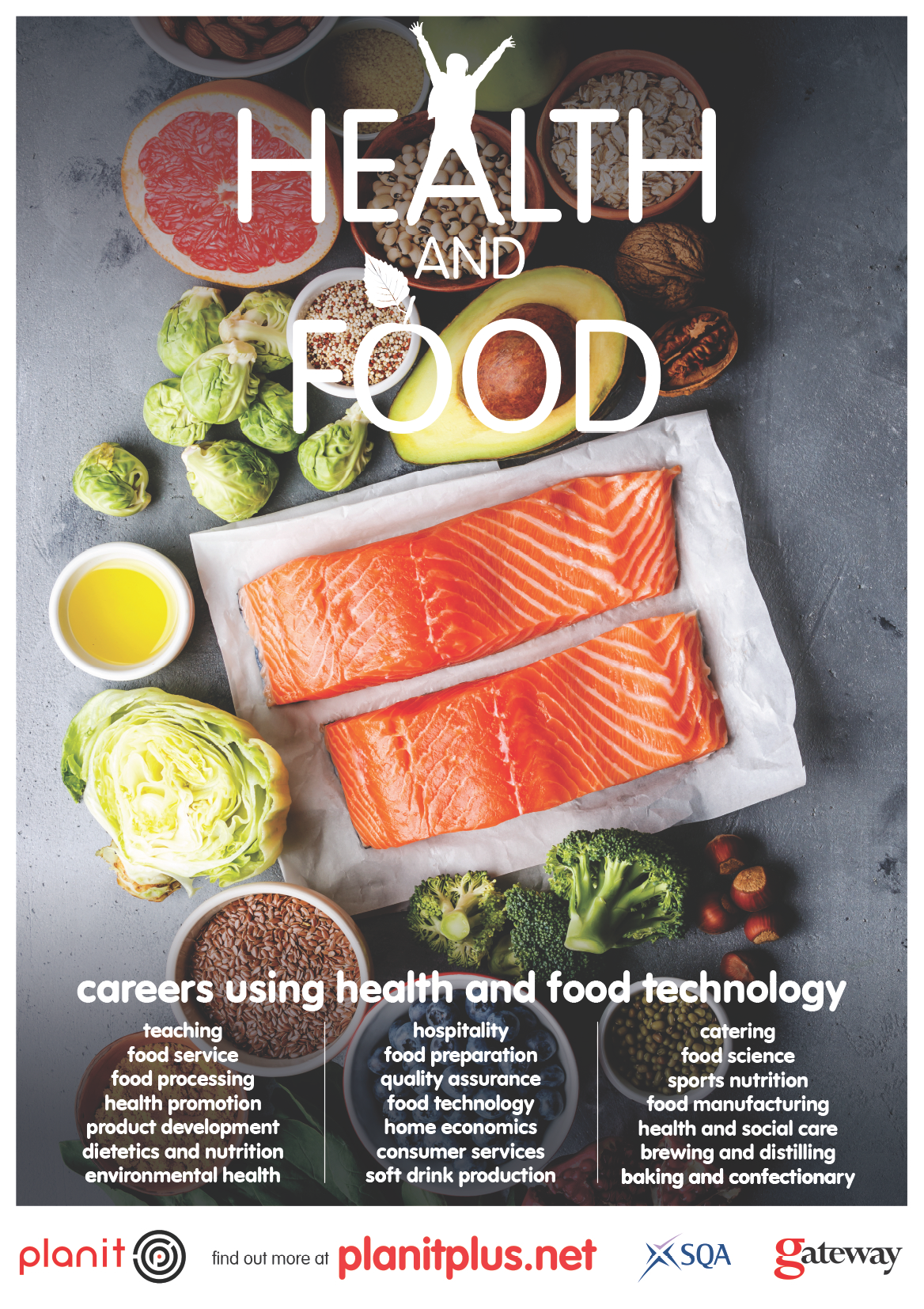Food
Curriculum vision
“No one is born a great cook. One learns by doing. The only real stumbling block is the fear of failure.” Julia Child
Our aim is to place students in an engaging and inspiring learning environment which provides them with understanding of how Food can impact health and wellbeing. Students will build an understanding of the functional properties of foods, and begin to appreciate the role food plays in our society. We encourage students to; draw upon knowledge they have learned, justify their opinions and endeavour to critically evaluate their personal choices. We broaden pupil’s experience of food and give them the courage and confidence to try new things and apply their learning throughout their life.
Well-being is achieved through:
- Developing knowledge and applying this through independent research, interactive and engaging activities and participation in practical investigations. The following themes will be covered: Healthy Eating Models; Functions of Nutrients; Dietary Health; Food Provenance and the factors which can affect our food choices and Food Science (Developing character through choice)
- Demonstrating critical understanding of ingredients and their properties alongside the learning and refining of practical skills by creating a broad range of dishes, selecting and experimenting with appropriate ingredients, equipment, techniques and processes (Developing mind through experimentation)
- Conducting both theoretical and practical investigations, making many links to other areas of the curriculum- linking to health, nutrition and scientific properties of ingredients (Developing body through links to nutrition)
Students will have a secure understanding of the fundamentals surrounding food and will enable them to form positive relationships with food; this will prepare and empower them to make positive choices for their personal health and wellbeing. Students will thrive in a positive and inspiring learning environment that makes them feel comfortable to make mistakes thus embedding resilience, and use this experience as a tool to future success and personal celebration. We endeavour to encourage our students to develop their character through the subject and the learning they complete, with the aim to produce confident, enthusiastic, respectful, skilful and responsible young people.
“Food is my favourite subject! I love cooking and trying out new things. I learn things in school and then go home and practice them with my family.” Year 7 student
Curriculum overview
Food – Curriculum Overview
|
|
Half-term 1 (Autumn) |
Half-term 2 (Autumn) |
Half-term 3 (Spring) |
Half-term 4 (Spring) |
Half-term 5 (Summer) |
Half-term 6 (Summer) |
|
Year 7 |
Hygiene and Safety Understanding hygiene and safety is the first step in any food lesson. |
Hygiene and Safety Students learn how to keep themselves and their cooking environment clean and safe.
|
Eatwell guide Students will recognise the five food groups: fruits and vegetables, starchy carbohydrates, proteins, dairy (or alternatives), and oils/spreads. |
Eatwell guide Students will understand portion sizes and why variety is important. Identify which foods belong to each group and how to make healthier choices (e.g., wholegrain bread instead of white, or grilling instead of frying)
|
Cooking methods Students are introduced to a range of cooking methods, helping them explore how different techniques affect food taste, texture, and nutrition. |
Cooking methods Students also begin to understand which methods are more suitable (or healthier) for different types of food.
|
|
Year 8 |
Cultural Dishes Students learn where different dishes come from and how they reflect the local culture.
|
Cultural Dishes Students learn how food can bring people and communities together. The importance of food in celebrations, religion, and family life is important. |
Ingredients and flavours
Students learn about different cultures use unique combinations of ingredients and spices to create signature tastes. |
Ingredients and flavours How ingredients are influenced by geography, climate, and tradition. How combining certain ingredients creates distinct flavours (e.g., sweet and sour, spicy and savory).
|
Cooking methods and traditions Students learn how different countries cook their food — from stir-frying and steaming to grilling over open flames or slow cooking in clay pots. |
Cooking methods and traditions Students gain more than just cooking skills. They develop an understanding of global cultures, learn to value diversity, and become more open to trying unfamiliar foods. |
|
Year 9
|
Balanced diet and food groups Students will learn what a balanced diet looks like and why it is important for their health and energy.
|
Balanced diet and food groups Students will learn about the five main food groups and how each one plays a role in supporting the body (e.g., growth, energy, repair).
|
Nutritional needs Students will learn that different people have different nutritional needs depending on their age, lifestyle, and health.
|
Nutritional needs Students will learn how the body uses nutrients like carbohydrates, protein, fats, vitamins, and minerals for energy, growth, and repair. |
Food choices Students will learn that people make food choices for many reasons, including culture, religion, personal taste, health, and lifestyle.
|
Food choices Students will learn how advertising, peer influence, and social media can affect what people choose to eat.
|
|
Year 10 |
Introduction to the Hospitality and Catering industry |
Nutrition and Healthy Eating |
Health Safety and Hygiene |
Industry Job roles |
Food preparation and cooking |
Food preparation and cooking
|
|
Year 11 |
NEA Tasks |
NEA Tasks |
Exam Preparation:
Recall topics |
Exam Preparation:
Recall topics
|
Exam Preparation:
Exam paper Questions |
Exam Revision Sessions
Content informed by assessment and pupil performance within each content area of the specification |
Curriculum accreditation
Key Stage 4 Food students follow the NCFE GCSE Food specification.
The full NCFE GCSE Food specification can be downloaded at the bottom of this page.




